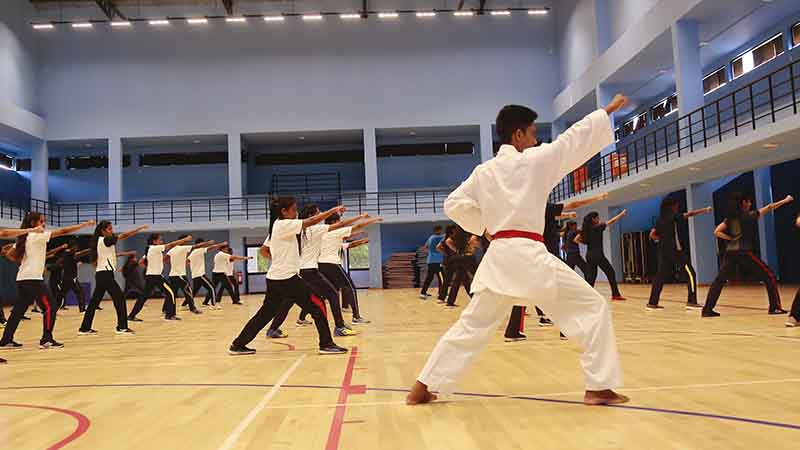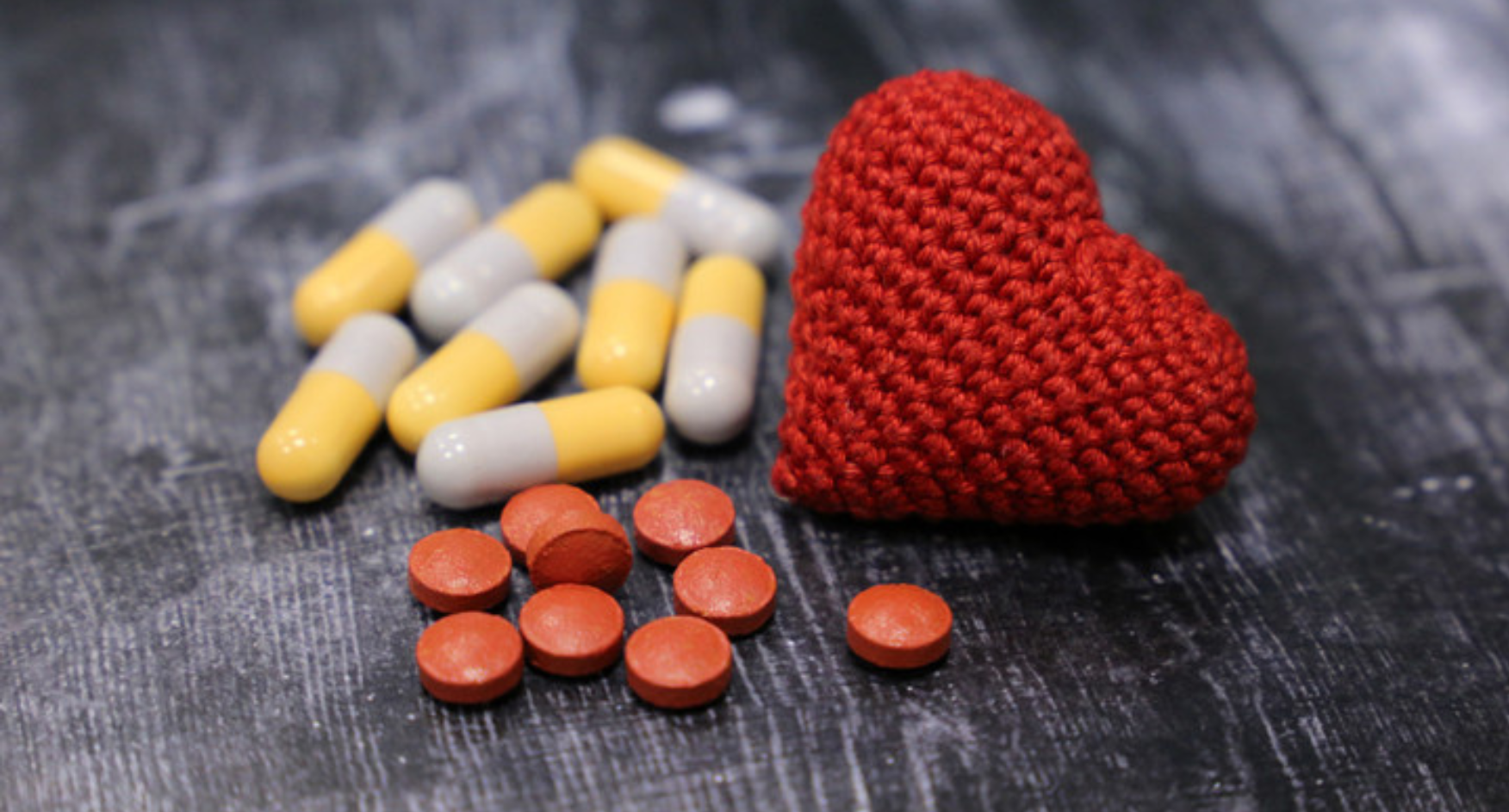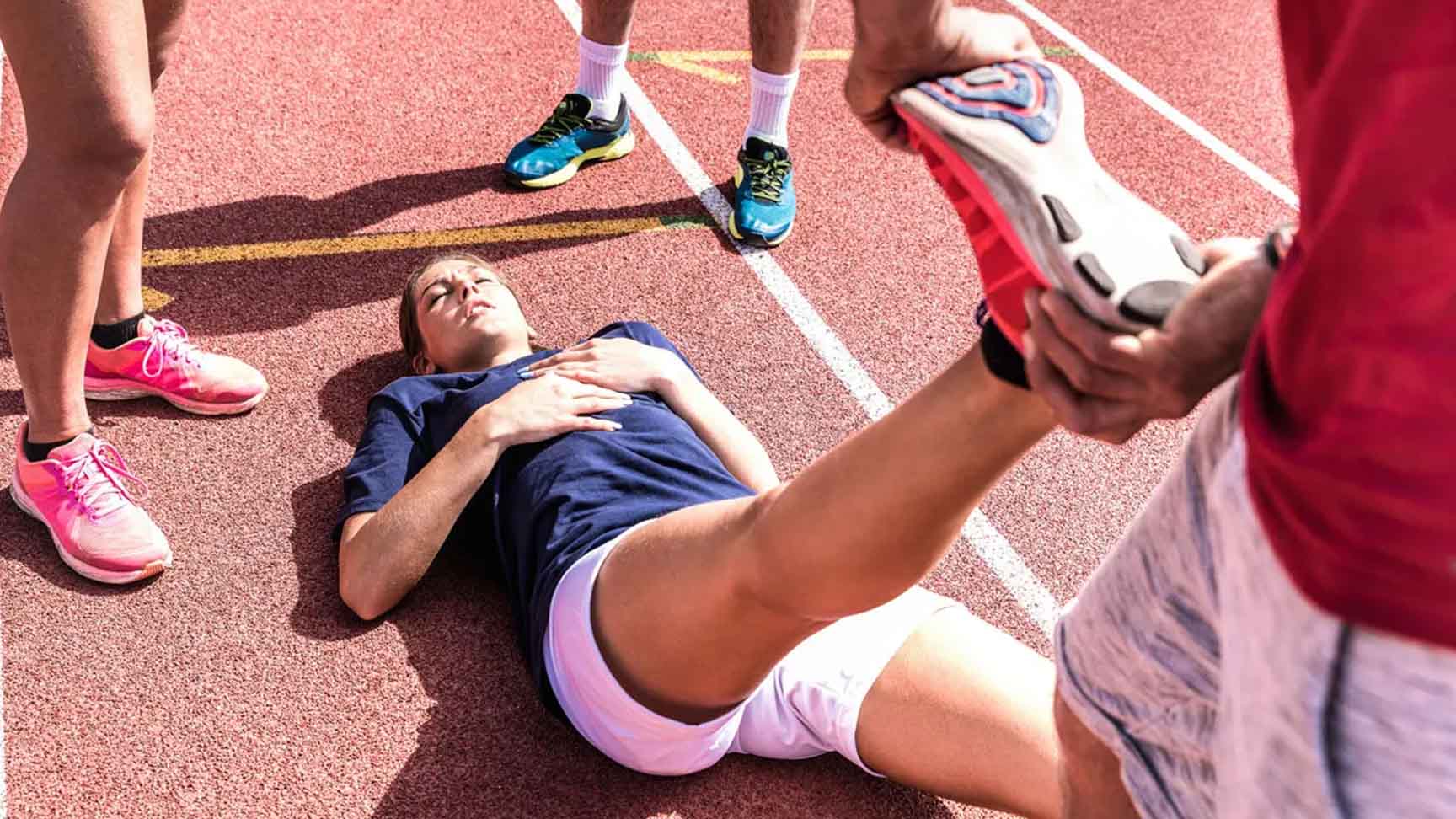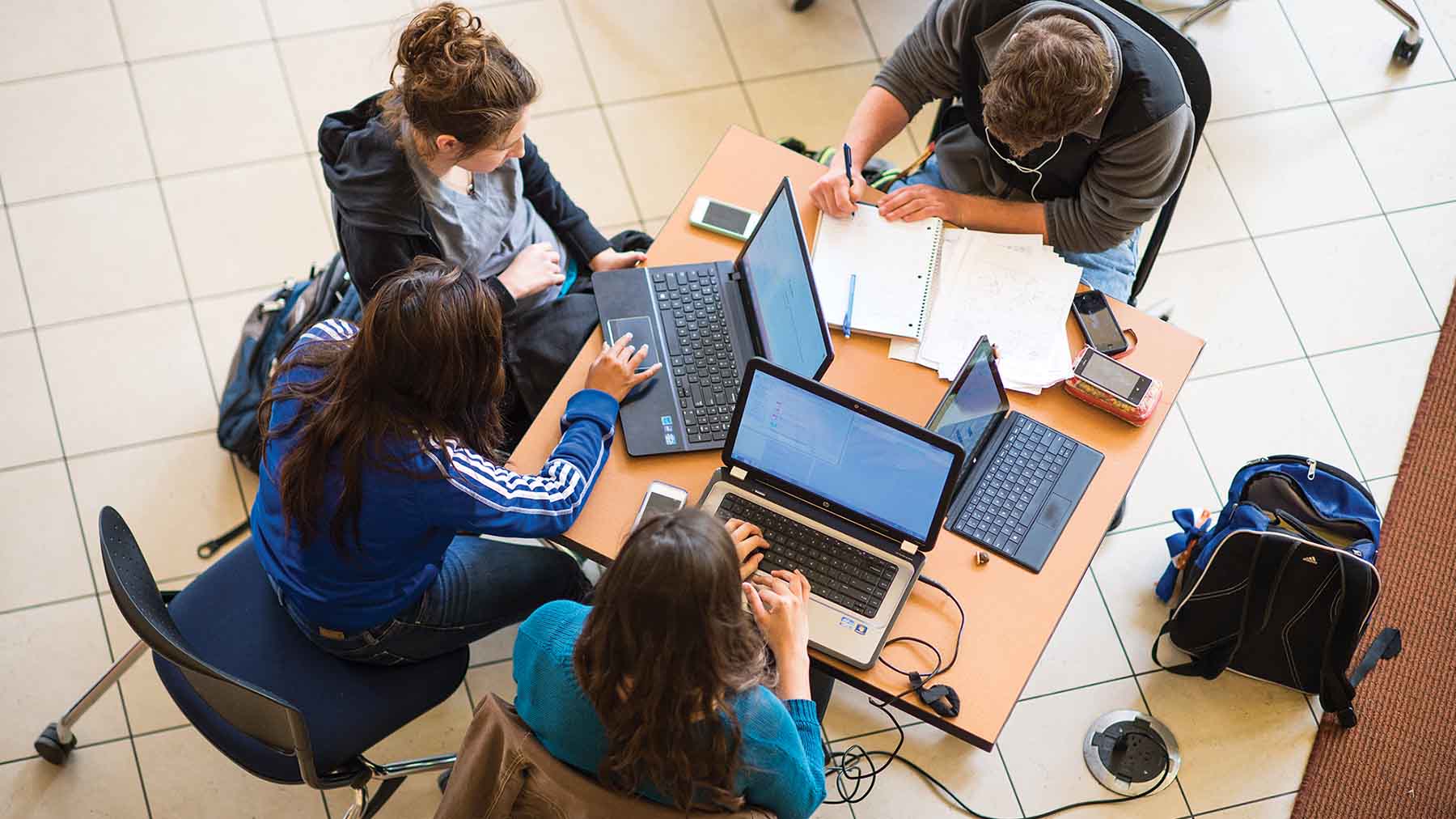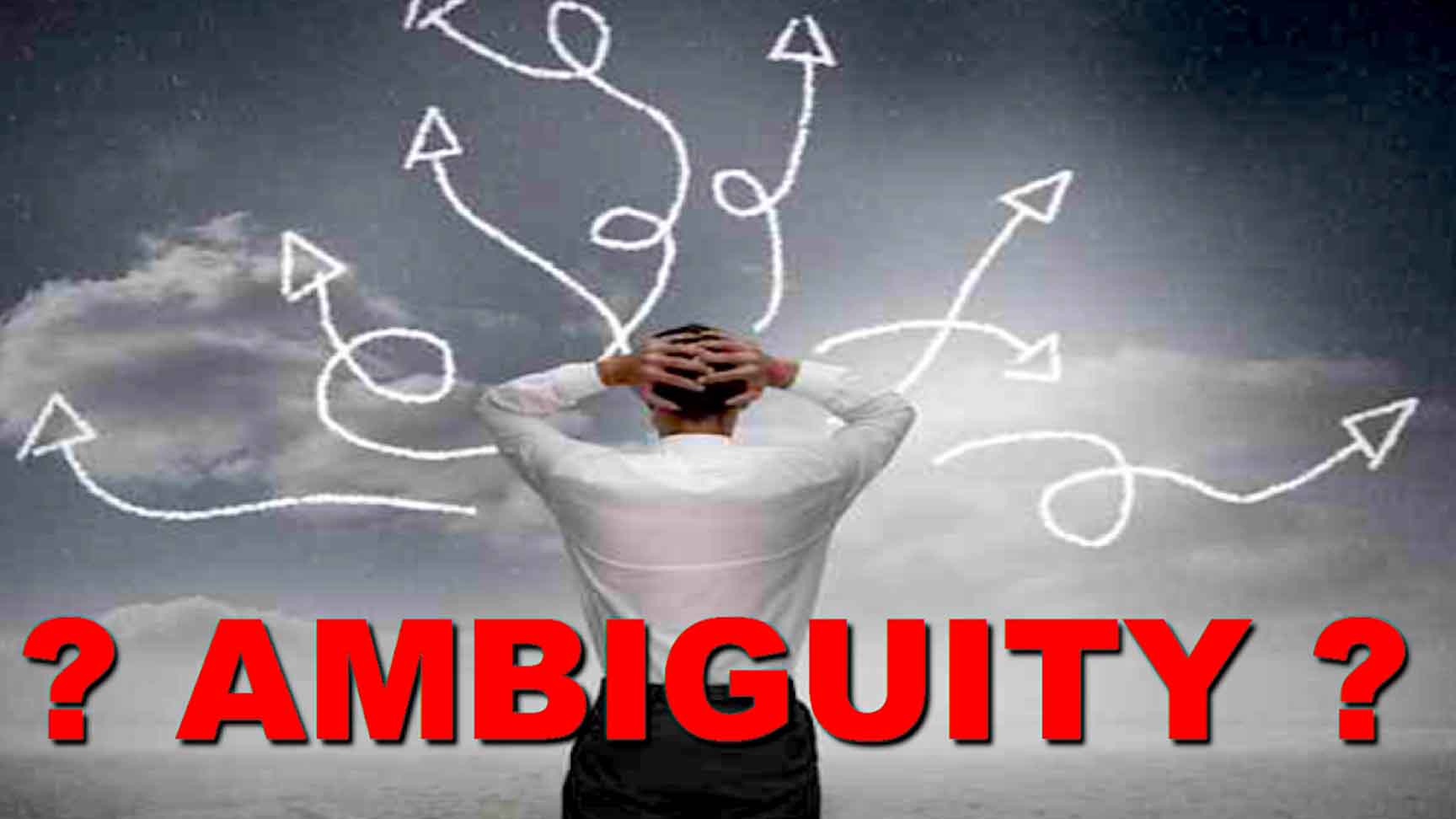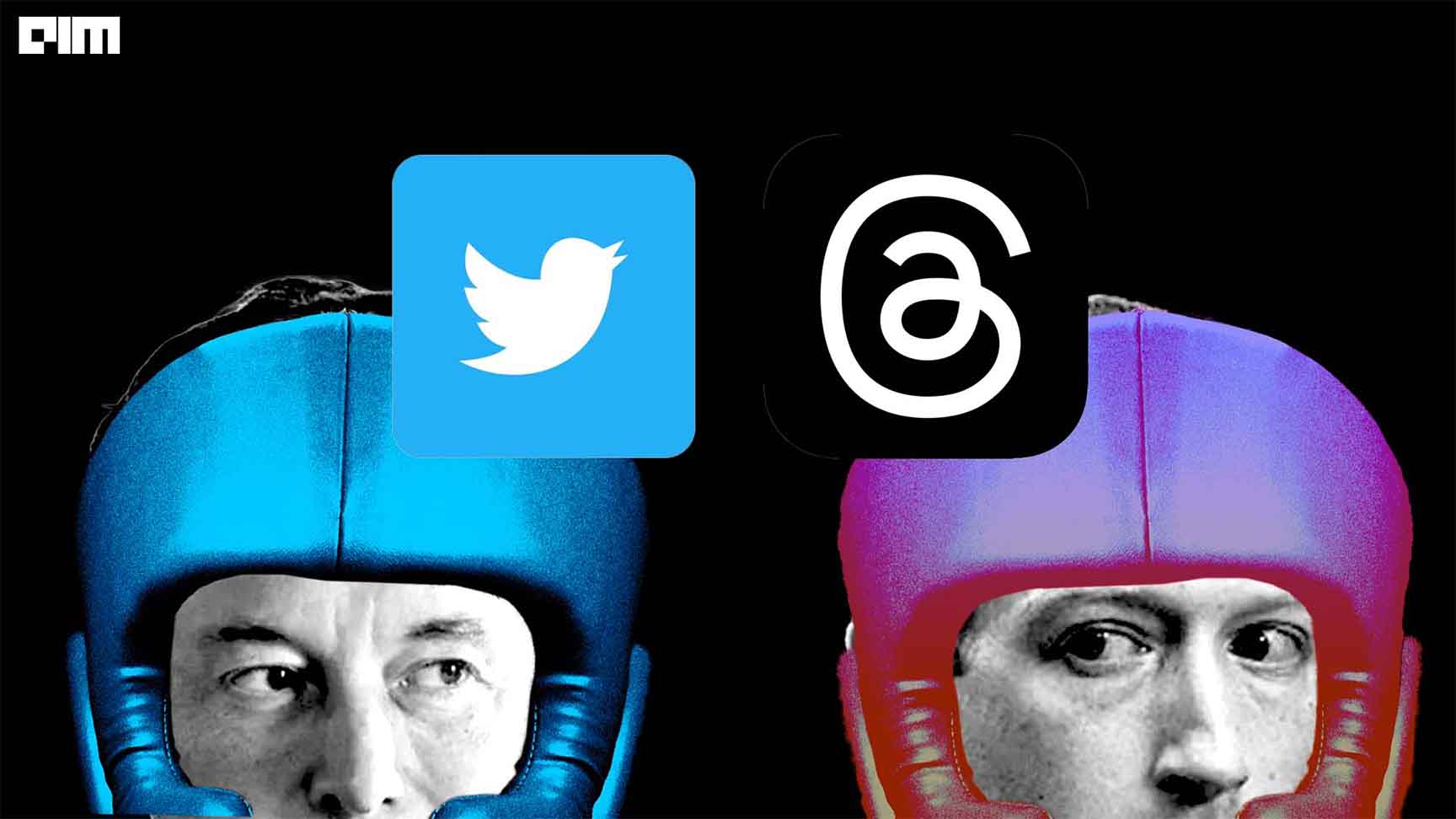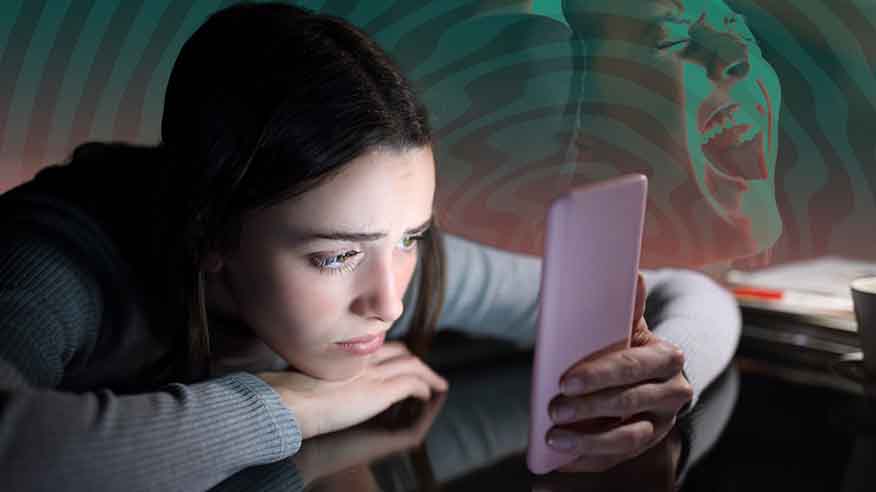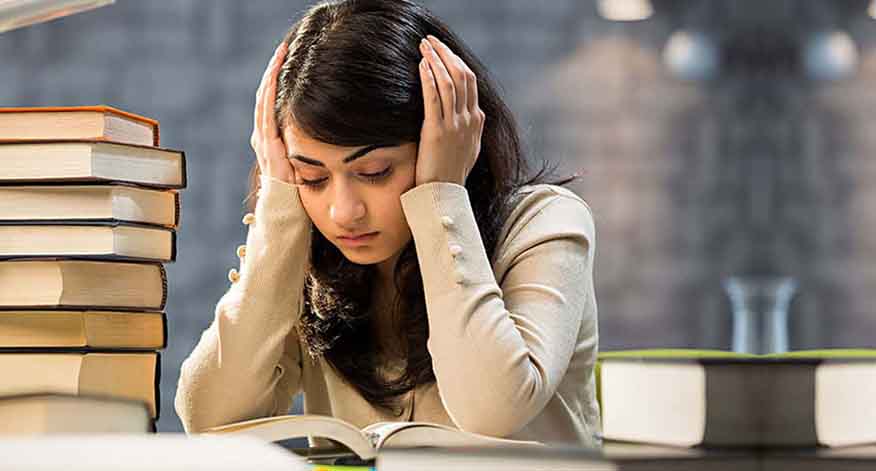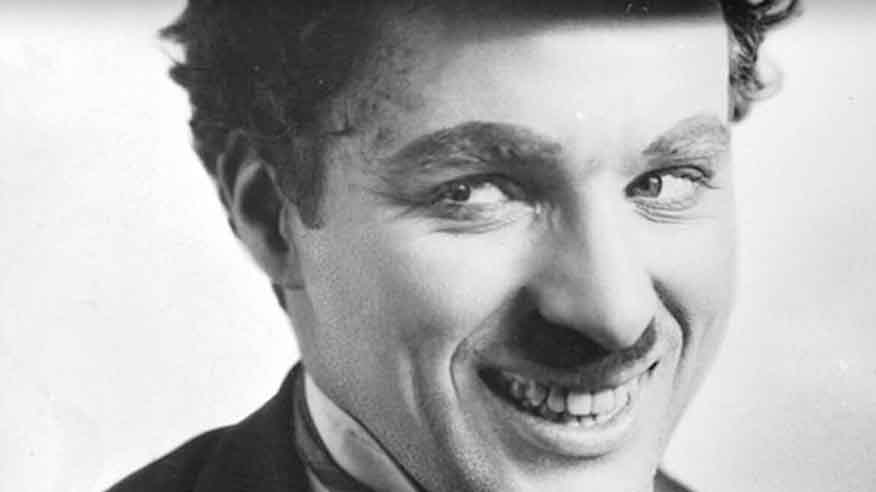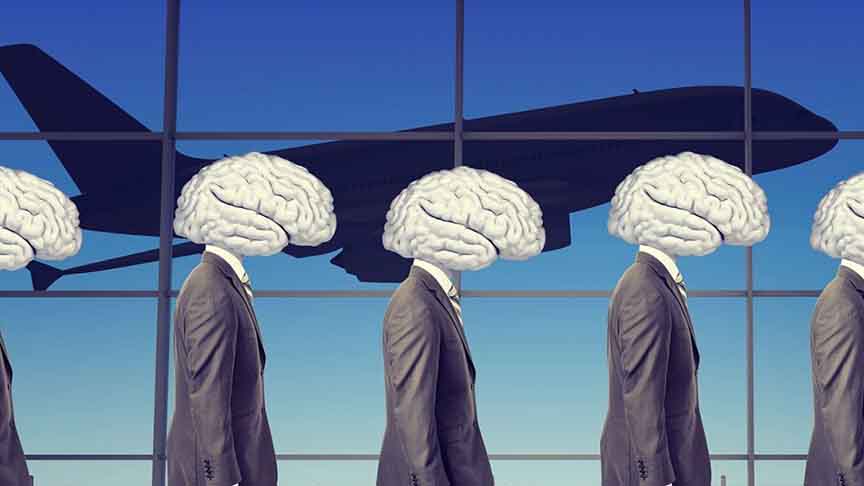Impact of sports on mental health and students’ academic career
- සුව අරණ
- الزيارات: 1440
According to the Council of Europe (2001, as cited in Hiremath, 2019), “Sport means all forms of physical activity which, through casual and organized participation, aim at expressing or improving physical fitness and mental well-being, forming social relationships or obtaining results in competition at all levels” (p.14). At present, sports are losing steam as the number of children and adolescents who use gadgets grows. Gadgets have negative effects on children like causing delays in learning and social skills, obesity, and sleep problems. Further, the excessive use of technology has been linked to social anxiety, depression, and other technology-addicted disorders, according to the information gathered from previous research. Consequently, it creates a significant negative impact not only on students’ academic careers but also on students’ mental health. Further, because of the technological advancement, fewer children and adolescents are interested in participating in sports. However, sports have positive impacts on students’ mental health, and it helps students to develop their academic work as well.
Sports directly affect the mental health of students. According to Taliaferro et al (2011, as cited in Hiremath, 2019), “youths who actively involved themselves in sports both middle & high school showed a more positive attitude towards life when compared to non-sport participants which mean that less suicidal ideation among sports participants” (p.16). This information throws some light on the gap between the youths who are engaged in sports and who are not and conveys the fact that youths who do sports have a balanced mental state than the students who do not do sports. Moreover, according to previous research it has been figured out that youths participating primarily in sports & youth development programs had highest positive youth development scores. Further, Bartko and Eccles, (2003, as cited in Hiremath, 2019) point out that “youths highly involved in sports were more ‘psychologically resilient’ or able to bounce back from problems” (p.16). So, the above research information clearly draws a contrast between the students who do sports and who do not. Consequently, all this research information conveys the fact that sports affect the mental health of youths positively. Therefore, youths who participate in sports are more confident and have better social skills.
Sports and physical activities have a positive effect on students’ academic achievements. Some scholars have found that the academic achievement of children in a case study group (who received extra physical education) was significantly higher than children who were in a control group (who did not receive extra physical education) in a second-year follow-up. Furthermore, another researcher in 2007 suggested that “a threshold amount of physical activity may be necessary to acquire learning benefits”. Therefore, it is obvious that Cross-sectional research is generally supported by well-controlled longitudinal studies, which suggest that increased physical education, physical activity, or sport maintains or improves academic achievement. Nevertheless, the Qualifications and Curriculum Authority survey into the effects of physical education and school sport (2001) also reported that physical education and school sport had made successful contributions to behavioral improvements and that negative behavior and exclusions were on the decline. This trend was identified as a direct result of more structured and purposeful active break times and opportunities to practice skills related to the physical education curriculum. Therefore, Physical education, physical activity, and sports have been shown to have a positive impact on how connected young students feel to their school, their aspirations, the extent to which positive social behaviors exist within the school, and the development of leadership and citizenship skills.
Therefore, it is obvious that Sports have a positive impact on students’ mental health and academic growth. It is one of the prime responsibilities of the respective governments of countries to find more effective information on the impact of sports on students’ mental health and academic career and to establish necessary programs to build up well-balanced students.
Dineth Nipunya
First-year
Faculty of Humanities
Department of English Language Teaching (DELT)
University of Kelaniya.
References
Hiremath, C. International Journal of Physiology. 2019. Impact of sports on mental health. “Sports: An Integral Component of Nation-Building”. www.journalofsports.com


